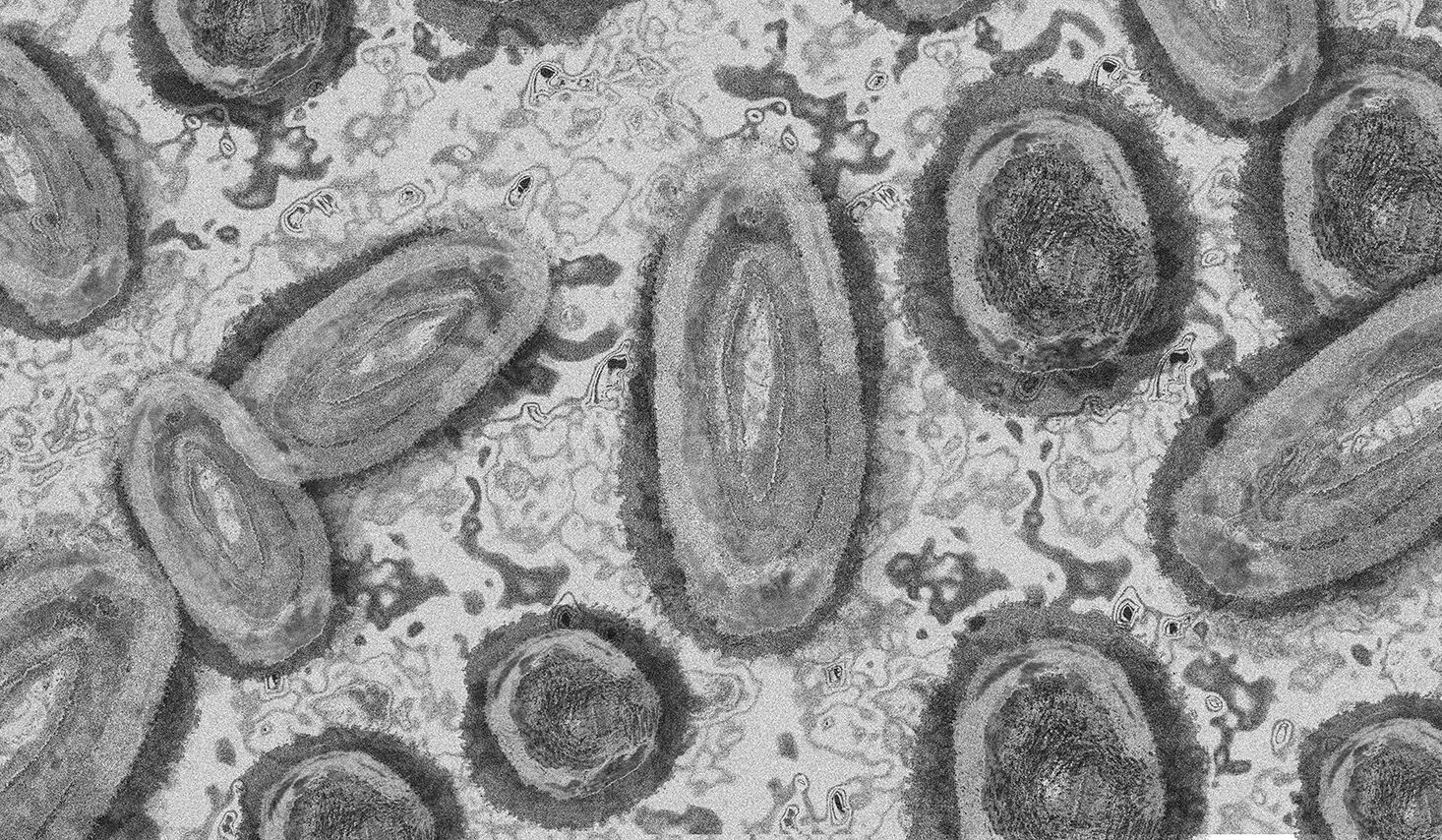
Monkeypox cases have been on the rise in the UK in recent weeks, with infections also detected across Europe, the Americas and Australia. Despite the spread being expected to continue, the UK Health Security Agency (UKHSA) said that although the “current outbreak is significant and concerning, the risk to the UK population remains low.” The infection is not in heavy circulation in the UK, only a small number of people have been diagnosed with it and it is still considered to be quite rare. The UKHSA has advised men who have sex with men to be increasingly alert to monkeypox symptoms due to a “notable proportion of cases detected” in this community, however all of the general population should be aware what to look out for.
“We absolutely don’t want to stigmatise gay and bisexual men and know the importance of being proactive in guarding against that,” said Alex Sparrowhawk, who works as part of the health improvement team at the Terrence Higgins Trust. “But we also know that to date a disproportionate number of monkeypox cases are among gay and bisexual men and want to use our expertise to play our role in reaching this community with the most up-to-date information including symptoms and what to do, including calling your local sexual health clinic or 111 rather than going anywhere in person if you have symptoms. We will continue to monitor the situation alongside colleagues in sexual health and in the NHS and UK Health Security Agency and that will inform messaging going forward.”
#Monkeypox Anyone with unusual rashes or lesions on any part of their body should contact NHS 111 or call a sexual health service. With recent cases mainly reported in gay and bisexual men, those in this community should be particularly alert.
Get the latest updates ⏬— UK Health Security Agency (@UKHSA) May 23, 2022
The World Health Organisation (WHO) has advised that the current outbreak is a “containable situation” in non-endemic countries. According to the NHS and Terrence Higgins Trust, which both emphasise how rare monkeypox is in the UK, the public can do two things to reduce their risk of catching the virus:
- Wash your hands with soap and water regularly or use an alcohol-based hand sanitiser
- Do not share bedding or towels with people who are unwell and may have monkeypox
What is monkeypox and how does it spread?
It is a viral infection which is mainly spread by wild animals and is still considered to be incredibly rare. Monkeypox symptoms in humans are similar to smallpox, but are far milder and tend to last for two to four weeks. It can be caught from an infected animal if you are bitten by one or touch its blood, bodily fluids, spots, blisters or scabs.
According to the NHS, it is most commonly spread between humans in the following ways:
- Touching clothing, bedding or towels used by someone with the monkeypox rash
- Touching monkeypox skin blisters or scabs
- The coughs or sneezes of a person with the monkeypox rash
Monkeypox is not a sexually transmitted infection but can be transferred through close contact including during sex. The WHO reports that most of the current cases in men who have sex with men have been detected as they have been “seeking care in primary care and sexual health clinics,” resulting in some mistaking it to be something exclusively affecting this group through sex.
What are the symptoms?
It usually takes between five and 21 days for the first symptoms of monkeypox to appear if you get infected with it, with these lasting for up to four weeks in most people. According to the NHS, initial signs of infection include:
- High temperature
- Headache
- Muscle aches
- Backache
- Swollen glands
- Shivering (chills)
- Exhaustion
It is possible that a rash could develop, which often begins on the face before spreading to other parts of the body including the genitals. This tends to start as raised spots, which can turn into small blisters filled with fluid. Guidance on the Terrence Higgins Trust website states that this then goes through different stages and can look like chickenpox, anogenital herpes or syphilis before forming a scab which later falls off.
Monkeypox is spread through close contact and cases have been confirmed in the UK.
Please familiarise yourself with what to look out for and, if appropriate, call your local sexual health clinic.https://t.co/o77uDC00yR
— Terrence Higgins Trust (@THTorguk) May 19, 2022
Can monkeypox be treated?
Monkeypox treatment aims to relieve symptoms and most people recover in two to four weeks as the illness is usually mild. Some people may need to stay in a specialist hospital so that their symptoms can be treated, but this is rare. Those who have been in close contact with someone diagnosed with it are currently advised to isolate at home for up to 21 days in order to stop the spread. Despite this precaution, it is important to remember that the risk to the UK population remains low at this time.
What should you do if you think you have it?
In the event you find an unexplained rash or lesion on your body, especially on your face or genitals, or if you have been in contact with someone who has monkeypox in the last three weeks, you should contact your GP, call 111 or your local sexual health clinic. Do not attend a hospital, surgery or clinic in person unless you arrange an appointment in advance.
🔴 What is #monkeypox?
🔴 What are the symptoms?
🔴 How does it spread from person to person?
🔴 Where in the world is there currently a risk of monkeypox?
🔴 Who is at risk of catching monkeypox?WHO Q&A on monkeypox https://t.co/tMKv3FHw4g pic.twitter.com/XN9e49yBNG
— World Health Organization (WHO) (@WHO) May 20, 2022
You can keep up to date on the UK’s monkeypox outbreak by clicking here.



